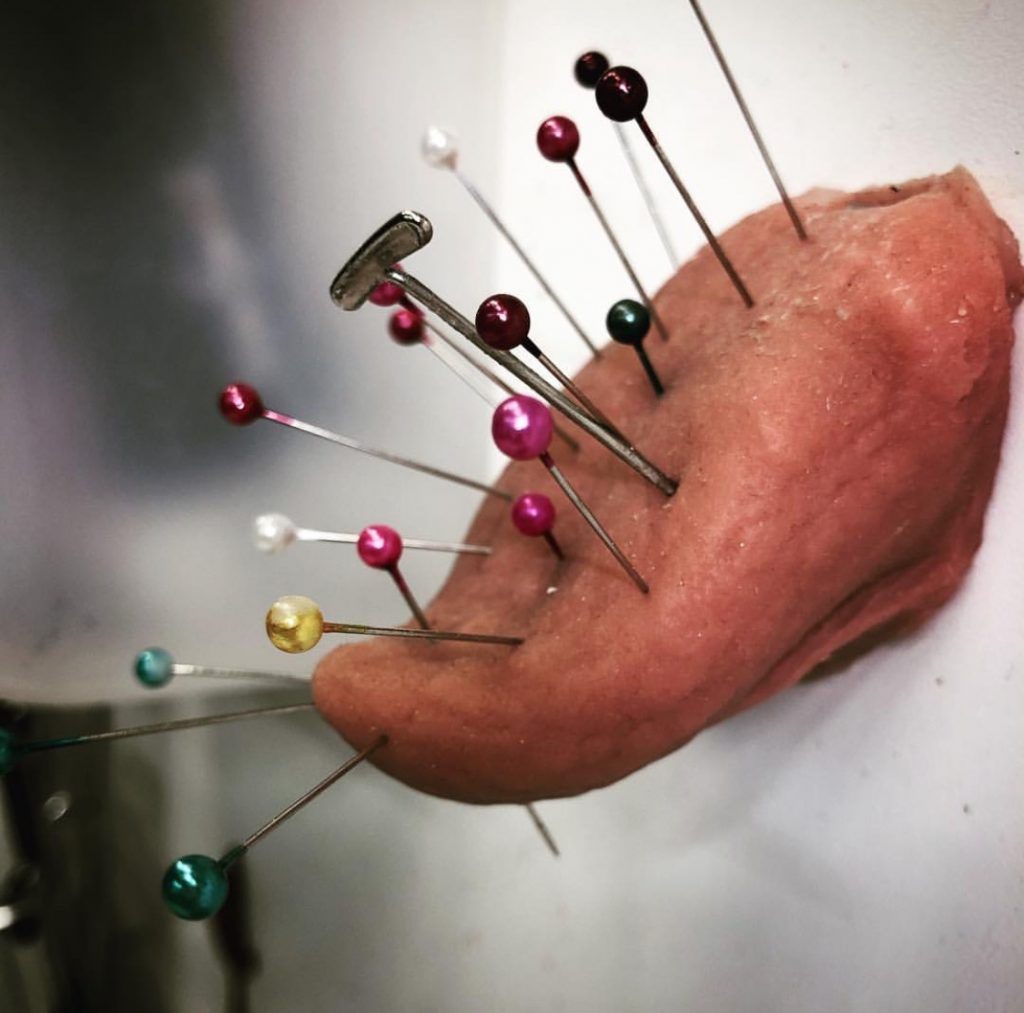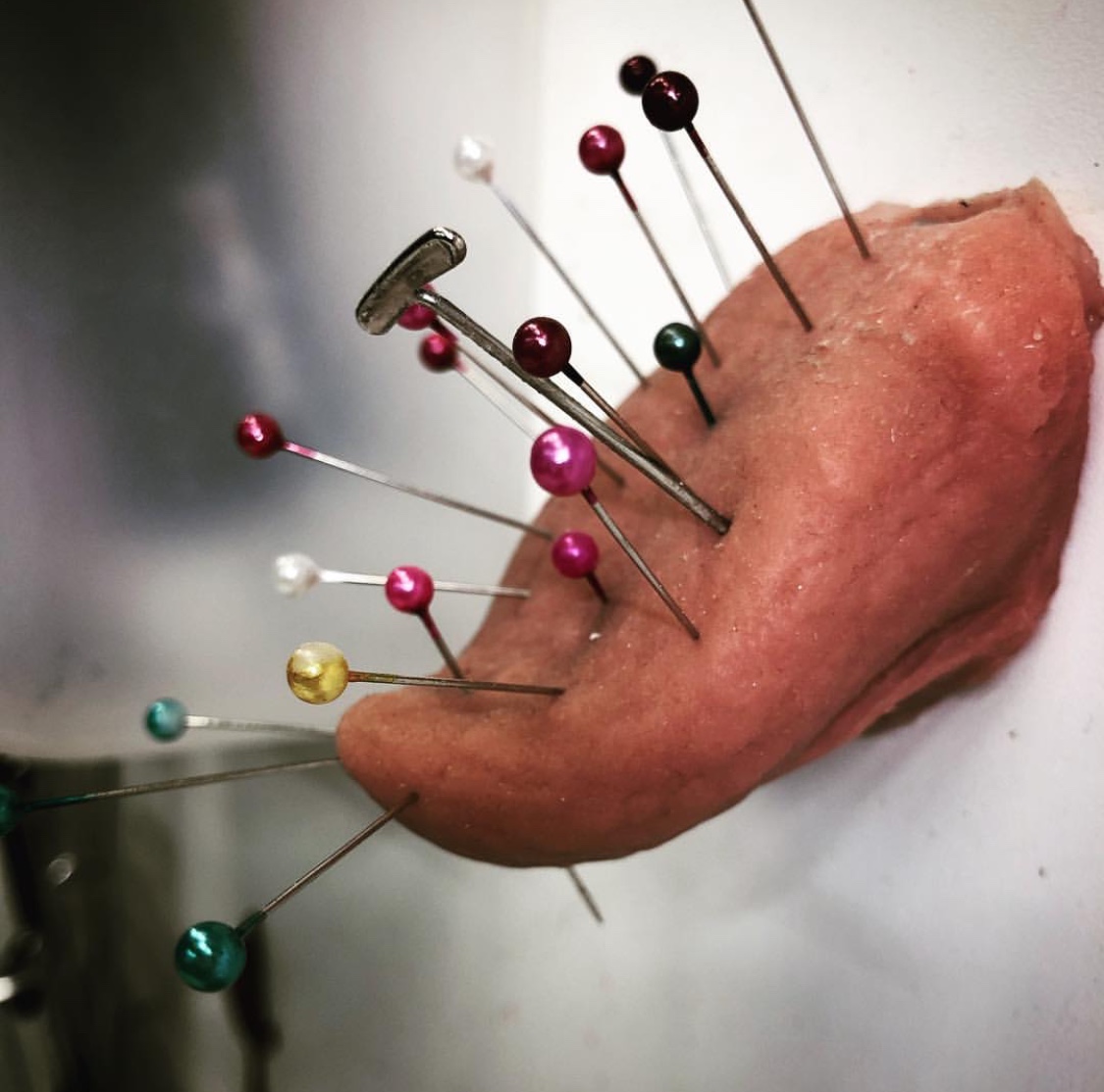
Doc, this pins and needles thing in my hands and feet is starting to get really annoying. It starts in the morning and persists all day long. I am constantly shaking my hands and wiggling my feet in an effort to get the feeling back. I can’t sleep, I toss and turn all night long. Am I being a baby, or is there actually something wrong with me? Could I have peripheral neuropathy?”
Sound familiar?
If you’re like many others, you probably grew up being told to “just walk it off,” to just “suck it up” and move on after an injury. That may be why most adults are under the impression that when it comes to pain, the best thing to do is to ignore it and hope that it goes away. While that may have prevented unnecessary trips to the doctor when you were a child, as an adult, it’s usually not the best idea.
There are some pains and other symptoms that should be addressed as quickly as possible, and never ignored, so that you can live the highest quality life possible – that’s especially true when it comes to these symptoms of peripheral neuropathy, which can develop slowly over months, or even years.
Numbness and tingling are unusual prickling sensations that can happen in any part of your body. People generally notice these sensations in hands, feet, arms, and legs.
Many things can cause numbness and tingling, including sitting with your legs crossed or falling asleep on your arm.
If numbness and tingling persist and there’s no obvious cause for the sensations, it could be a symptom of a disease or injury, such as multiple sclerosis or carpal tunnel syndrome. Treatment will depend on your diagnosis.
The medical term for numbness and tingling is paresthesia.
What causes numbness and tingling?
Many things can cause numbness and tingling, including some medications.
Things that we do every day can sometimes cause numbness, including sitting or standing in one position for a long time, sitting with your legs crossed, or falling asleep on your arm.
These are all examples of pressure being put on nerves. Once you move, the numbness will get better.
There are numerous conditions that can cause you to feel numbness and tingling, such as:
* an insect or animal bite
* toxins found in seafood
* abnormal level of vitamin B-12, potassium, calcium, or sodium
* radiation therapy
* medications, especially chemotherapy
Sometimes, a specific injury can produce numbness or tingling, such as an injured nerve in your neck or a herniated disc in your spine.
Placing pressure on a nerve is a common cause. Carpal tunnel syndrome, scar tissue, enlarged blood vessels, infection, or a tumor can all place pressure on a nerve. Likewise, inflammation or swelling of the spinal cord or brain can place pressure on one or more nerves.
Damage to the skin via a rash, inflammation, or injury is another reason for numbness or tingling. Conditions that can cause this type of damage include frostbite and shingles (a painful rash caused by the chickenpox virus).
Some diseases produce numbness or tingling as a symptom. Examples of these diseases include:
* diabetes
* neuropathy
* migraine
* Raynaud’s phenomenon
* multiple sclerosis
* stroke or transient ischemic attack (mini stroke)
* seizures
* hardening of the arteries
* underactive thyroid (hypothyroidism, Hashimoto’s thyroiditis)
When should I seek medical attention?
Everyone experiences numbness, tingling, or a burning sensation on occasion. You probably have felt it when you stood up after sitting in one position for a long time. Usually it resolves within minutes.
However, you should consult your doctor if there’s no obvious cause for continuing numbness and tingling, you feel dizzy or have muscle spasms, or you have a rash.
Tell your doctor if the symptoms in your legs worsen when you walk or if you’re urinating more frequently than usual.
In some cases, feelings of numbness and tingling or burning can indicate a serious injury or medical condition. Seek urgent care if you recently experienced any of the following:
* a back, neck, or head injury
* inability to walk or move
* loss of consciousness, even if only for a short time
* feelings of confusion or trouble thinking clearly
* slurred speech
* vision problems
* feelings of weakness or severe pain
* losing control of your bowels or bladder
How is numbness and tingling diagnosed?
Expect your doctor to request a complete medical history. Be sure to report all symptoms, even if they don’t seem related, as well as any previously diagnosed conditions. Note if you have any recent injuries, infections, or vaccinations.
Your doctor will also need to know any prescribed or over-the-counter medications and supplements you’re taking.
Depending on the findings of a physical exam, your doctor may order additional tests. These may include blood tests, electrolyte level testing, thyroid function testing, toxicology screening, vitamin level testing, and nerve conduction studies. Your doctor may also order a spinal tap (lumbar puncture).
Imaging tests – such as an X-ray, angiogram, CT scan, MRI, or ultrasound of the affected area – can also help your doctor reach a diagnosis.
What are the treatment options for numbness and tingling?
Because of the varied causes of numbness and tingling, your treatment will depend on the reason for your symptoms. Treatment will focus on resolving any underlying medical conditions.
What are the complications associated with numbness and tingling?
If you’re experiencing numbness and tingling, you may also have reduced feeling in the affected areas. Because of this, you’ll be less likely to feel temperature changes or pain. This means that you could touch something without realizing it’s hot enough to burn your skin.
Alternately, a sharp object might cut your skin without you even noticing. Make sure you take precautions to protect yourself from burns and other accidental injuries.
Sources Health Line, Home Cures that work





